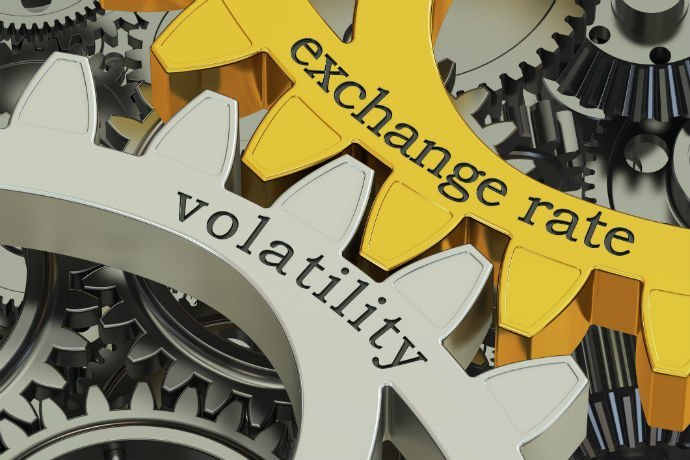Pound sterling had been sitting in the doldrums since the announcement of Brexit in 2016 and since that point has fallen from 1 GBP = 1.3 EUR to 1 GBP = 1.07 EUR at its lowest point.
However, recent news stories in relation to Brexit negotiations, which look like they are starting to achieve some form of agreement, has added some weight to the pound valuation. Coupled with good news stories and the first interest rate rise for some time, analysts are expecting that this is the start of good things to come.
Predictions are for further appreciation in the value of the pound against both the euro, as well as up-ticks against the US dollar, as there is more clarity around Brexit negotiations in the coming months.
The UK’s low exchange rate has been supporting UK businesses to move into, and expand an exporting business. With a favourable exchange rate (our goods are cheaper elsewhere) and the ease of being able to sell online through established online marketplaces, as well a British brand marketed through a well-structured website. Many countries love to buy British goods, the Made in Britain stamp continues to add global appeal, and exporters have benefited from this.
If you are an online seller exporting globally, you might want to consider how you deal with foreign currency payments and exchanges. You could save money by using a currency transfer provider. Many of the currency providers can support regular payments and have dedicated business focussed accounts.
- You can use our currency volatility tool to check risks
Transaction fees and interest rates are much lower than banks. If you carry out your money transfers through your bank, your business can expect to pay rates that are significantly higher than the interbank rates (+ 4% higher) as well as up £30 in fees for the transaction. However, if you elect to carry out transfer payments through a currency provider, you can expect to pay much lower in both the rate and in fees.
Furthermore there are options to guard against exchange rate fluctuations by locking in a rate up to two years’ in advance.
This can help keep your costs lower and more stable. You may consider your bank to be the easier option, but even the money transfer providers are able to carry out payments to business accounts in a relatively quick time period. They also have mobile and online platforms from which to manage your accounts. Y
ou may also want to consider an online currency transfer provider if you make regular payments to a telecommuting workforce. Read about payments for your global workforce here: (link to article Be more profitable when paying your global workforce by using a currency transfer provider).
To find a money transfer provider you can use our international currency quote tool which contains details of the most cost-effective money transfer companies globally.









